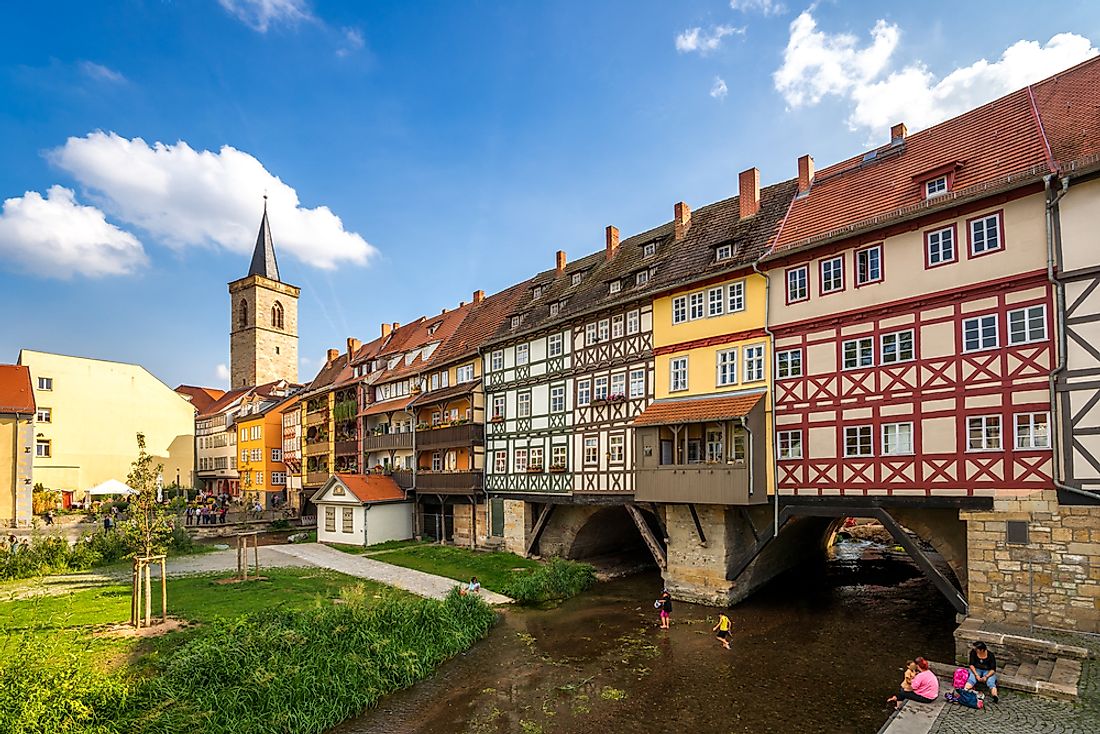Max Weber - The Founder of Modern Sociology

5. Early Life
Max Weber was born on April 21, 1864 in Erfurt, Prussia. He was the last born among six siblings. Weber’s mother was named Helene and his dad was Max Weber Sr, a prominent and wealthy civil servant. Weber grew up in a family surrounded by academia and politics and it was normal to have public figures and scholars visit his family. As a result of Weber’s early exposure to prominence, he found his niche in academia and is said to have secretly read forty volumes of Goethe’s work. His educational journey began as a law student in the University of Heidelberg in 1882. He later moved to the University of Berlin. Upon completion, he worked as a junior lawyer and in 1889 attained his law doctorate degree having written a dissertation on the topic; “The history of commercial partnerships in the Middle Ages.”
4. Challenges
Weber recieved many criticisms regarding bureaucracy. It also leads to customer dissatisfaction since there are very long processes involved. Bureaucracy also received criticism for its slow decision making process. Weber also accepted the marginal theory of value in spite of many historicists denying its practicality.
3. Career
Immediately after finishing his studies, Weber returned to the University of Berlin faculty as a lecturer and government consultant. He later worked as a professor of economics at the University of Heidelberg and subsequently at the University of Freiburg. As a professor, his research was focused on legal history and economics. Weber also joined a professional association called Verein für Socialpolitik whose main concern was to come up with solutions to the social problems of society. He left his teaching profession in 1899 due to insomnia and depression. Weber co-founded the Sociological Association where he served as the first treasurer. He also contributed to the strengthening of parliament.
2. Major Contributions
Weber’s major contribution in politics and government was categorizing political leadership into charismatic domination, legal domination, and traditional domination. He is known for championing studies on bureaucracy which he thought was a threat to people’s freedom. Weber also worked on social stratification where he formulated three distinct social elements namely the social status, social class, and political party. According to Weber, social status is defined by non-economic factors like honor, religion, and prestige. A party is an individual’s political affiliation while social class is an economically based relationship such as employee to employer. In economics, Weber pioneered delineation of the concepts of capitalism and exceptionalism. According to Weber’s book entitled The Protestant Ethic and Spirit of Capitalism, there’s a relationship between religion and capitalism.
1. Death and Legacy
Weber died in 1920 in the city of Münich, Germany. He became known as the greatest among the German sociologists of his time. Together with Èmile Durkheim and Karl Marx, he contributed to modern sociology. In his book The Nature of Social Action, he describes sociology as a form of social action which entails citizens taking interest in the politics of their countries. Weber also influenced other social theorists such as Theodor Adorno and Leo Strauss.











